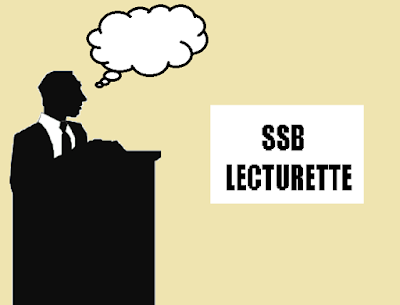Ever since my childhood I have been quite confident. It was around 6 years ago, in my first year at engineering college, when I had kinda felt hostile and under-confident. Not because I had come out to a different city for studies; neither because of my family’s financial status.
I was under-confident because I felt, I was in a different country all together, since everyone around in the class was speaking in ENGLISH, even for a casual talk.
Moreover the lecturing was also in the same medium.
That was something new for me as I was one of few students in the class, who studied their schooling in vernacular language; even teachers in school, never spoke in English.
It occurs funny to me now but It was a big deal back then :-D
Like many I too received "spoken English" tips like- watch Hollywood movies, read news papers a loud, listen to POP-Rap and start thinking in English etc etc. Tried all of them but did not feel much of a difference and hadn't got much of confidence.
Then I reached out to one of my mentors at an educational camp, she asked me one simple question- “How did you learn your mother-tongue, Konkani?”
That question forced me to introspect and I asked to myself – “How did I learn it? In-fact, how does a child learn any language and start speaking it?”
Answer was simple—the child listens to others carefully; it mimics and most importantly It speaks to express its thoughts & emotions; it never bothers about it’s mistakes. But when the same child becomes an adult, he/she pays so much attention to his/her mistakes and worries “what others think about him/her”.
That is why most of us are scared of committing mistakes before even trying new things.
Post that I realized, I had never tried speaking out loud in English (communicated my thoughts in English), I had spent months of time in first year of college, thinking “what if I speak wrong?”
After that realization, things went smooth; I started speaking out my thoughts in English, paying least attention to beauty of expression rather than focusing more on communicating the message and also gotten rid of fear of “being judged”. It is then I gained my confidence back.
I believe some of my Kannada/Hindi medium friends can empathize with me here :-)
Last week when one of my friends/junior asked me for tips to improve his English communication skills. I started by asking same question – “How did you learn your mother-tongue?”







